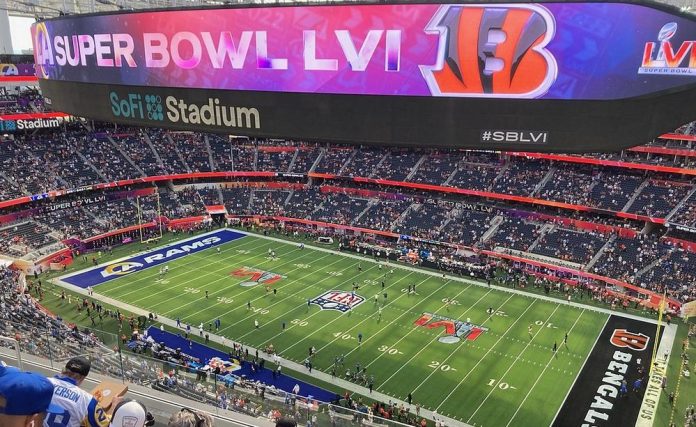
Super Bowl and sports betting are not only about excitement and the opportunity to make good money, but they also have a dark side that can lead to severe problems. When a passion for gambling develops into an addiction, it can take a toll on a person’s financial situation and mental health. It is especially dangerous when young people fall into the trap of betting without realizing the risks they face.
Super Bowl and sports betting
Sports betting has long been an integral part of gambling in many countries. Not only do they provide fun and excitement, but they can also stimulate the economy and create new jobs. While the legalization of sports betting in the United States opens up new opportunities for players, operators and the government, it also raises excitement and concerns about the problem of gambling addiction and unscrupulous practices in the industry.
Super Bowl LVII, held in 2023, attracted a huge amount of attention, becoming one of the biggest sporting events of the year. Millions of people watched the game and placed bets trying to guess the winner and outcome. At the same time, U.S. states continue to improve laws on the activities of betting shops, taking into account the interests of citizens and looking for ways to get their share of the multi-billion dollar market.
Young people are the most vulnerable group
The fastest growing group of sports bettors are young people between the ages of 21 and 24. These young people are at high risk due to their impulsiveness and emotional instability.
Studies show that young people are increasingly taking part in online gambling, which further increases the risk of problems. Online platforms provide a wide range of high-stakes games and the ability to play anonymously, which can exacerbate the problem of uncontrolled gambling addiction. In addition, according to www.topcadcasinos.net, many free money casinos can be found freely available. Such sites allow you to start playing without investment, which is especially important for young players without a stable income.
Moreover, studies show that the brains of young people are still in the process of formation; they have less developed areas responsible for decision-making and impulse control. This means that young people are more prone to risky behavior and are not always aware of the consequences of their actions, including participation in gambling.
The laws in place are not sufficient
Gambling is a significant problem that affects many people and has devastating effects on their lives. The lack of uniform federal rules and regulations on gambling advertising creates room for various practices and circumvention of laws.
The contradiction in the NBA’s actions is an example of how difficult it is to regulate this situation. On the one hand, the League prohibits the participation of athletes in gambling and fights against this phenomenon, as in the case of Pete Rose. On the other, it partners with gambling operators and allows sports betting shops to operate in stadiums. This contradiction raises questions about the consistency and ethicality of the actions of sports organizations.
An important aspect of addressing the problem of gambling is the availability and quality of addiction treatment services. Unfortunately, the situation varies from state to state, and there are states where support and assistance in this area is inadequate. Without proper education and prevention measures to combat gambling among children and adolescents, the risk of developing an addiction remains high.
Attention should also be paid to university practices that, on the contrary, promote gambling among young people. Collaborating with gambling companies and betting on cybersports competitions can lure inexperienced and uncertain minors into the world of gambling, creating dangerous scenarios for their future.
The problem requires attention from lawmakers, the public and all stakeholders. It is necessary to develop clear norms and rules regarding the advertising and organization of gambling, as well as to strengthen preventive work and education of the population regarding the dangers of gambling addiction.




